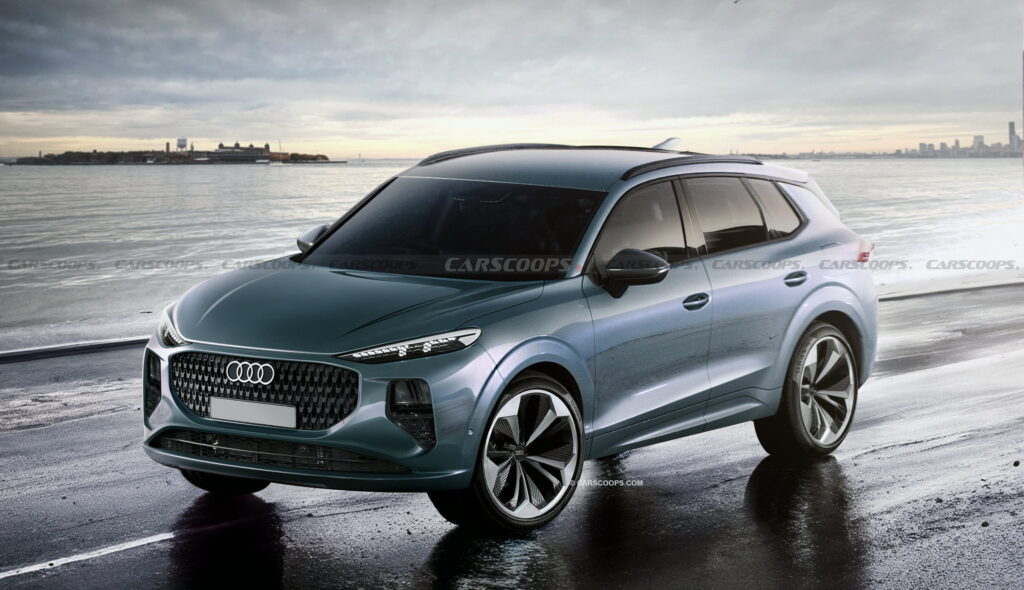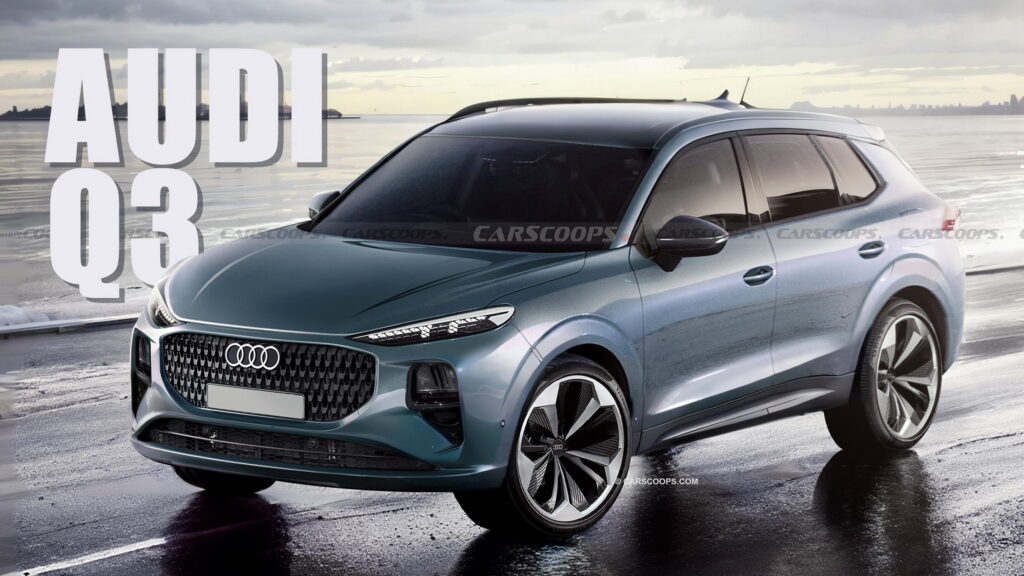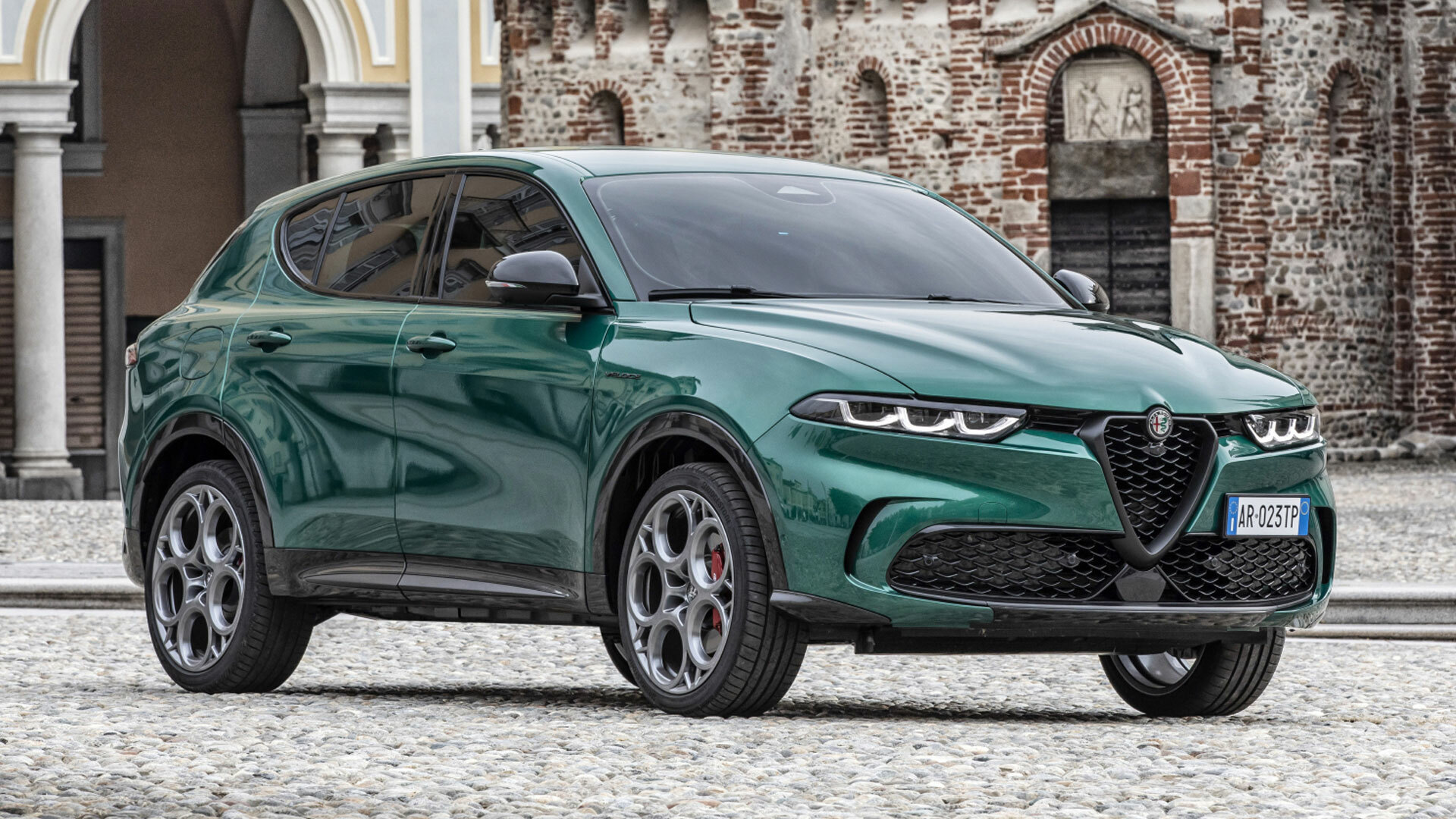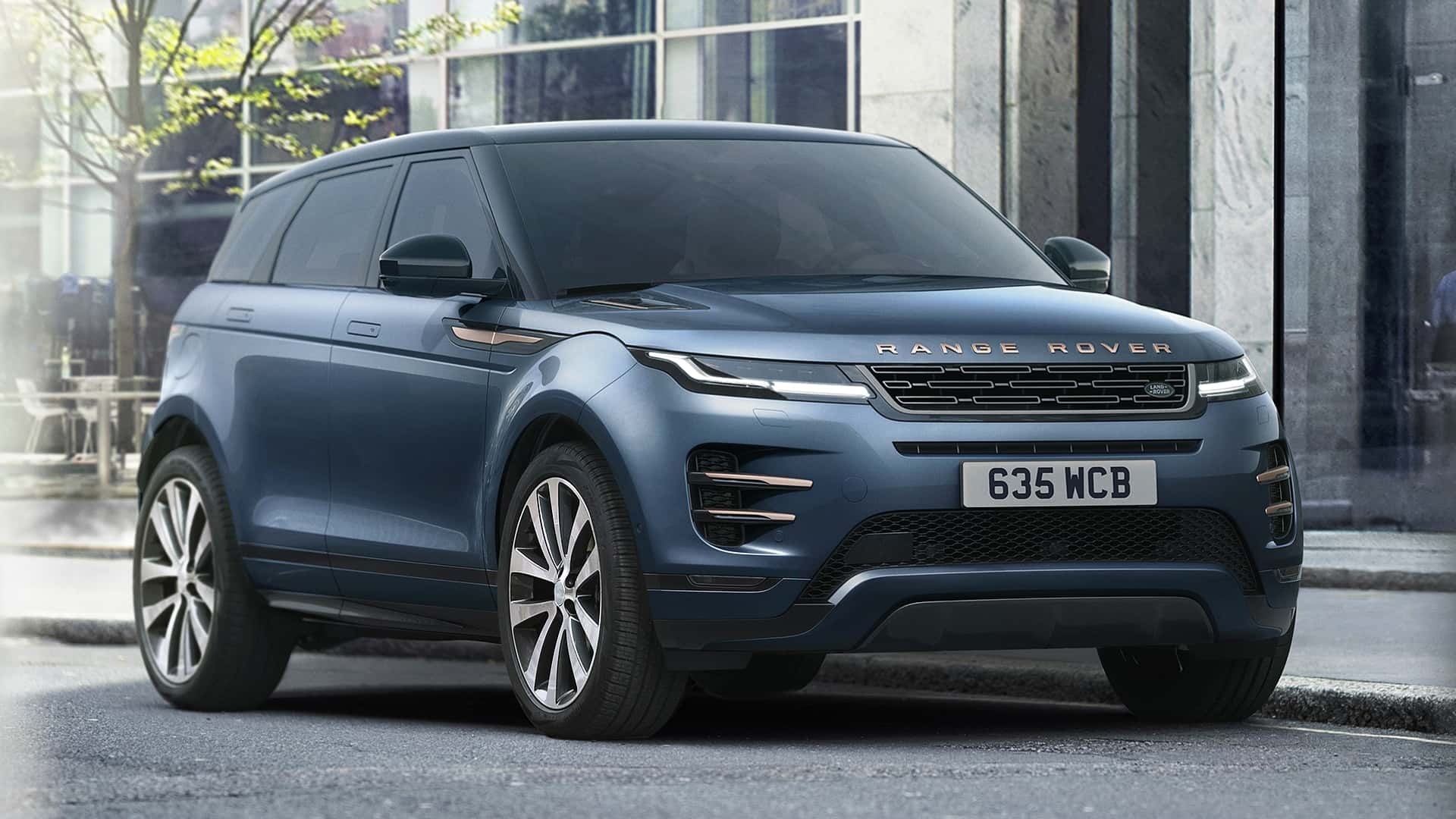Since its European debut in 2011 and North American arrival in 2015, the Audi Q3 has been a top seller for the luxury automaker based in Ingolstadt. Competing with the BMW X1 and Mercedes GLA, this compact SUV has recently been snapped by our spies, revealing a fresh take on design and a leap in technological advancements for its third generation.
More: Everything We Know About The Electrifying 2025 Audi A6 Avant E-Tron
However, in an intriguing twist of developmental cost-cutting, this model will be twinned with another Volkswagen Group product, the Cupra Terramar SUV, sharing key hard points and bodywork. It’s an odd move, to say the least, not to mention contradictory, especially considering Audi’s lofty premium positioning and the concerted efforts to carve out Cupra as a unique brand, separate from Seat, with its own design identity.
Keen to learn more? Let’s illustratively explore things further.
Similar, But Different
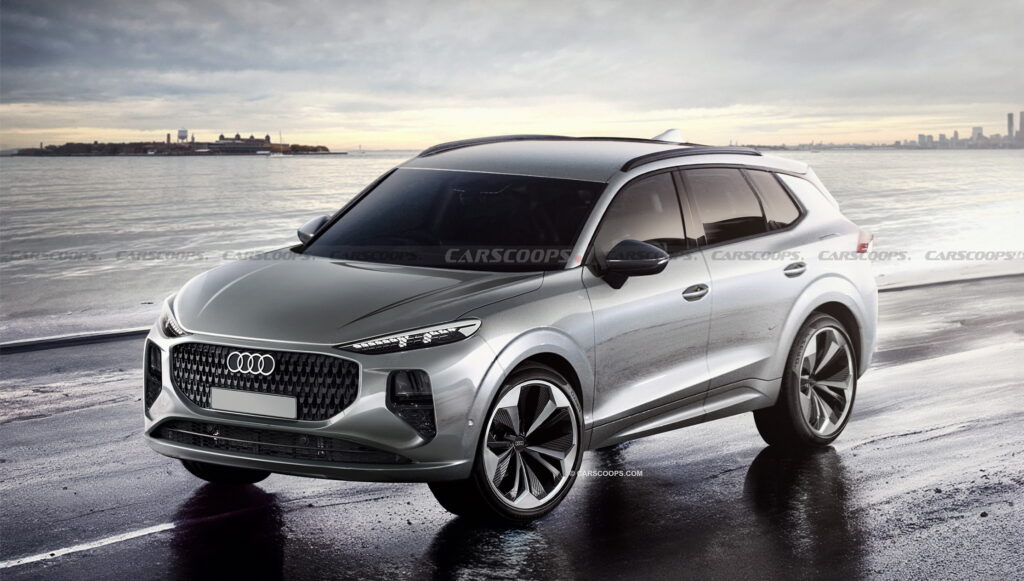
As mentioned previously, the compact crossover shares its fundamental design with Cupra’s Terramar. Yes, you heard that right! As seen in the spy shots of the next Q3 and Cupra’s teaser of the new Terramar, the duo share everything except for the different front and rear ends and lower door styling. Setting aside these similarities, Audi’s new compact is far sleeker and more dynamic than the current second-generation Q3.
Notable design elements include an LED light bar that connects the taillights, and split headlights featuring an upper strip for the daytime running lights (DRLs) and turn signals. Rectangular cutouts in the bumper cleverly integrate the low and high-beam headlights. Interestingly, traditional door handles replace the flush items found in some contemporary designs, adding a touch of classic elegance.
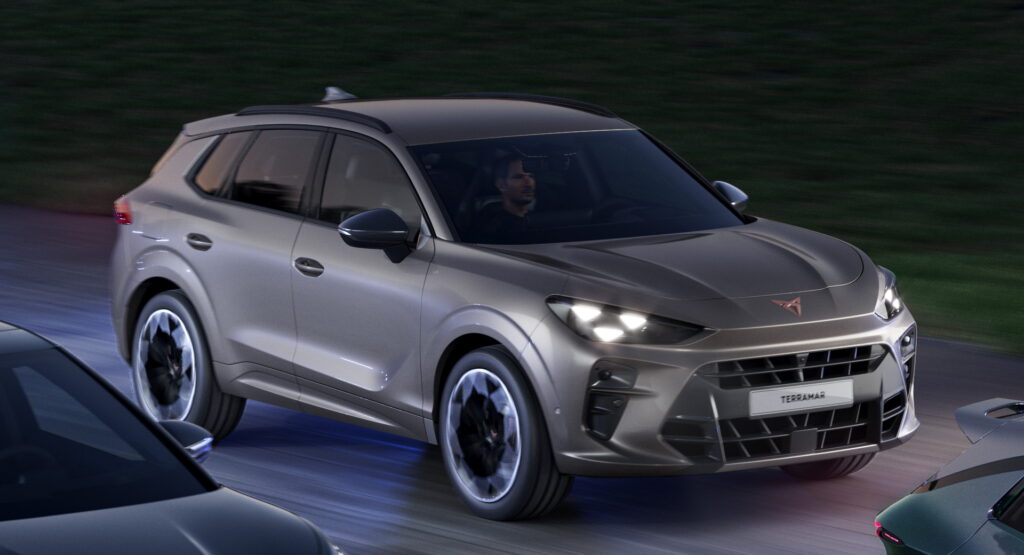
A Classier Place to Be
One of the downfalls of the current Q3 is its high-quality yet awkwardly styled interior. The next Q3 will sport a far more visually appealing affair with a mix of futurism supported by premium, recycled materials.
Key cabin highlights will include an OLED instrument cluster seamlessly integrating vital driving information. A large infotainment display takes center stage, featuring wireless Apple CarPlay and Android Auto, and an augmented reality Head-Up Display (AR HUD) will make navigating the unknown a breeze.
More: Alfa Romeo Milano Debuts In April, Here’s What We Know About The New Baby SUV
A range of driver assistance systems will be available; these include lane change assist, autonomous emergency braking (AEB), road sign detection and a parking and trailer maneuvering assistant.
Efficient Propulsion
The 2025 Q3 will grow in all key dimensions, using the same MQB Evo underpinnings as the all-new VW Tiguan and Cupra Terramar, with the Q3 likely to utilize the same powertrains. While unconfirmed, we expect it to run with gasoline, diesel ,mild hybrid and plug-in hybrid offerings, catering to eco-conscious drivers.
These engine options include 1.5 and 2.0-litre gasoline units, a 2.0-litre diesel, and a 1.5 TSI Evo2 plug-in hybrid developing a healthy 268 horsepower (200kW) with power channeled to all four wheels. The latter also sports a substantial 19.7 kWh battery pack and an electric range of up to 100 km (62 miles), making the PHEV a compelling option for those seeking power and range efficiency.
Rivals and Reveal
The 2025 Audi Q3 faces stiff competition in the form of BMW’s X1, Volvo XC40, Range Rover Evoque, Lexus NX, Alfa Romeo Tonale, and Mercedes-Benz GLA.
It will be manufactured alongside its Spanish under-skin-twin at VW Group’s Györ plant in Hungary. An official reveal is expected to take place in the coming months, with the model set to debut as a 2025 model-year offering.
